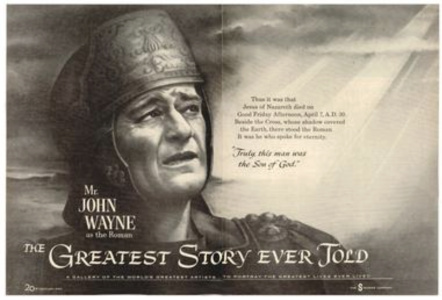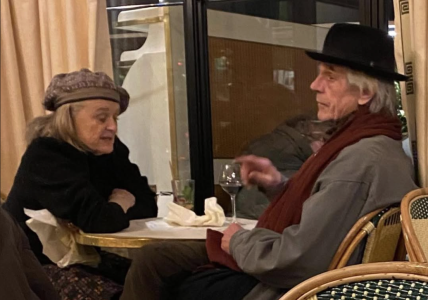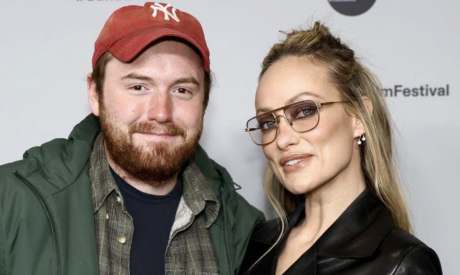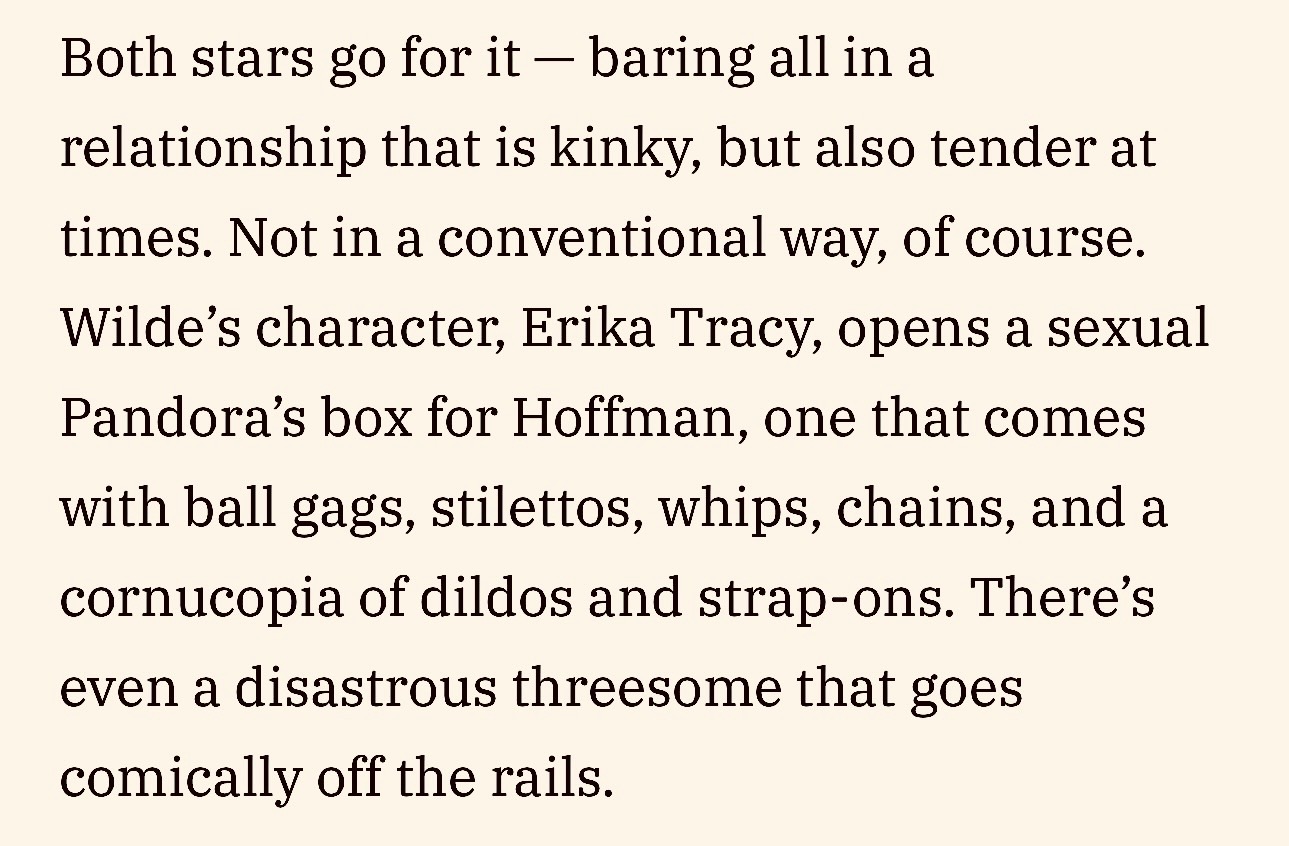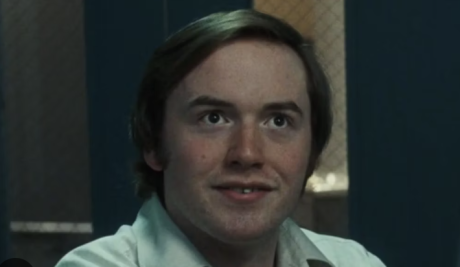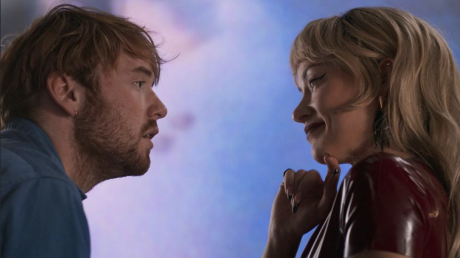On 4.29.25, or nine months ago, I wrote that “many people have developed an idea about Blake Lively, a once-serviceable, generally appealing actress who’s primarily famous for becoming an intrusive producer during the making of It Ends With Us (’24), and subsequently trying to use accusations of sexual harassment in order to murder the career of director and costar Justin Baldoni, blah blah blah blah blah.
The idea about Lively, I explained, isthat she’s a toxic, clawing, scratching bitch “whom no one wants to know, much less work with or pay to see in a movie…right?”
Two months earlier (2.13.25) I had written that “the jig is up for Team Lively. She may as well throw in the towel — everyone despises her — vindication is out of the question. Team Baldoni needs to give in also…please. Just walk away, and there will be an end to the horror.”
And yes, given Lively’s seeming determination to vivisect Baldoni and shove his showbiz career into a wood-chipper, Baldoni filing a $400M defamation claim against Lively and husband Ryan Reynolds struck me as…well, reasonable.
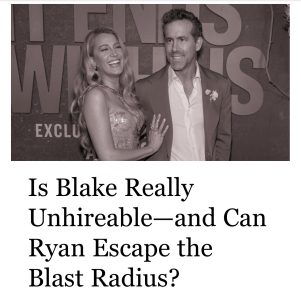
On or about 6.9.25, or nearly seven months ago, Judge Lewis J. Liman dismissed Baldoni’s suit, finding that her accusations of sexual harassment were legally protected and therefore immune from suit.
To which I responded “what’s going on here? ‘Accusations of sexual harassment’ are ‘legally protected’? But trying to destroy a man’s career with questionable claims and agitated #MeToo hyperbole is cool?”
HE comment: “Will someone please explain this dismissal to me in regular guy standing on a sidewalk and eating a hot dog terminology? Like I’m a six year old? King Henry II to Thomas Becket: ‘I’m an idiot then! Talk to me like I’m an idiot!’”
It’s now late January 2026, and the Lively-vs. Baldoni case won’t go to trial in New York federal court until 5.18.26…four months to go. And whatever happens judgment-wise, endless appeals will no doubt follow.
It seems indisputable that Lively has truly destroyed her career with all the ranting and dragon-ing, all the lawsuits and Swifting and jousting and counterclaims and whatnot. Everyone is the world is sick to death of the toxic aggression on both sides, granted, but mostly from her legal team. It’s ugly, rancid, exhausting.
It continues with us…the never-ending battle.



